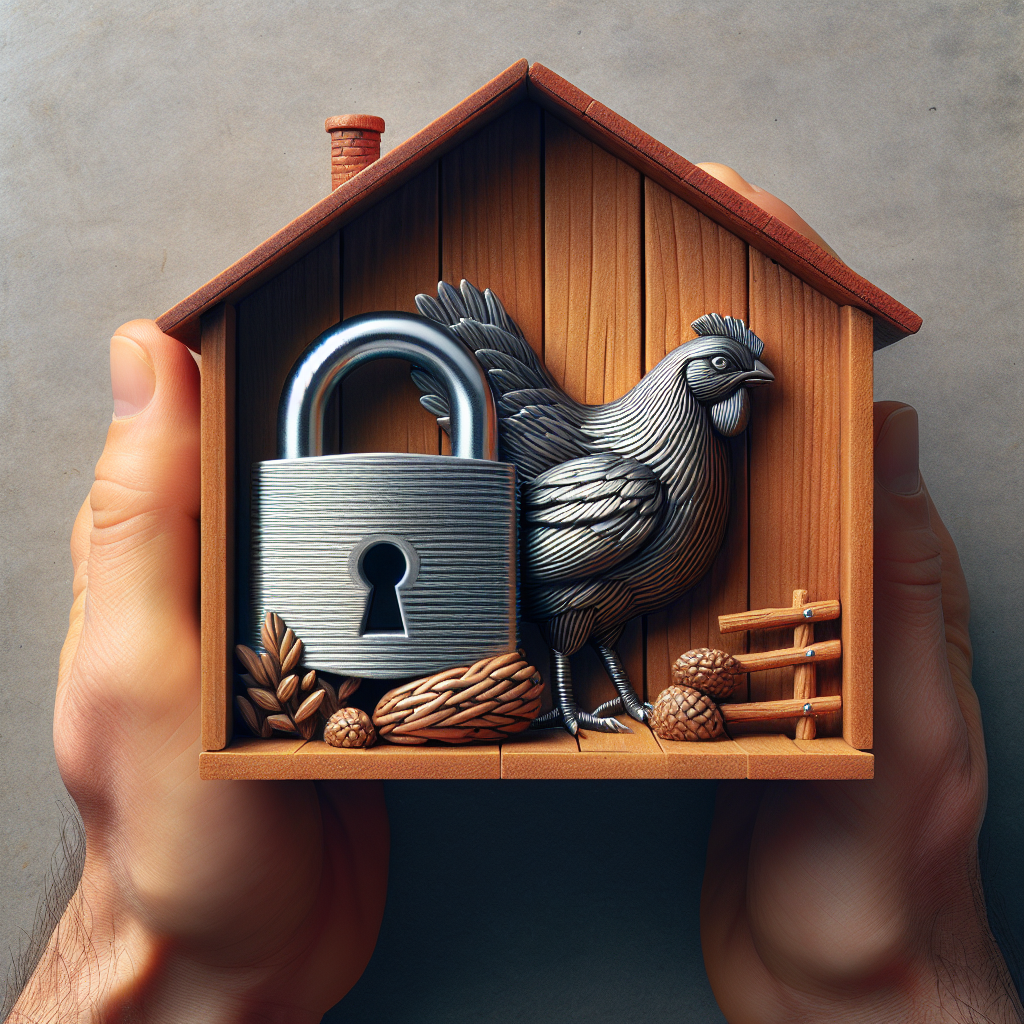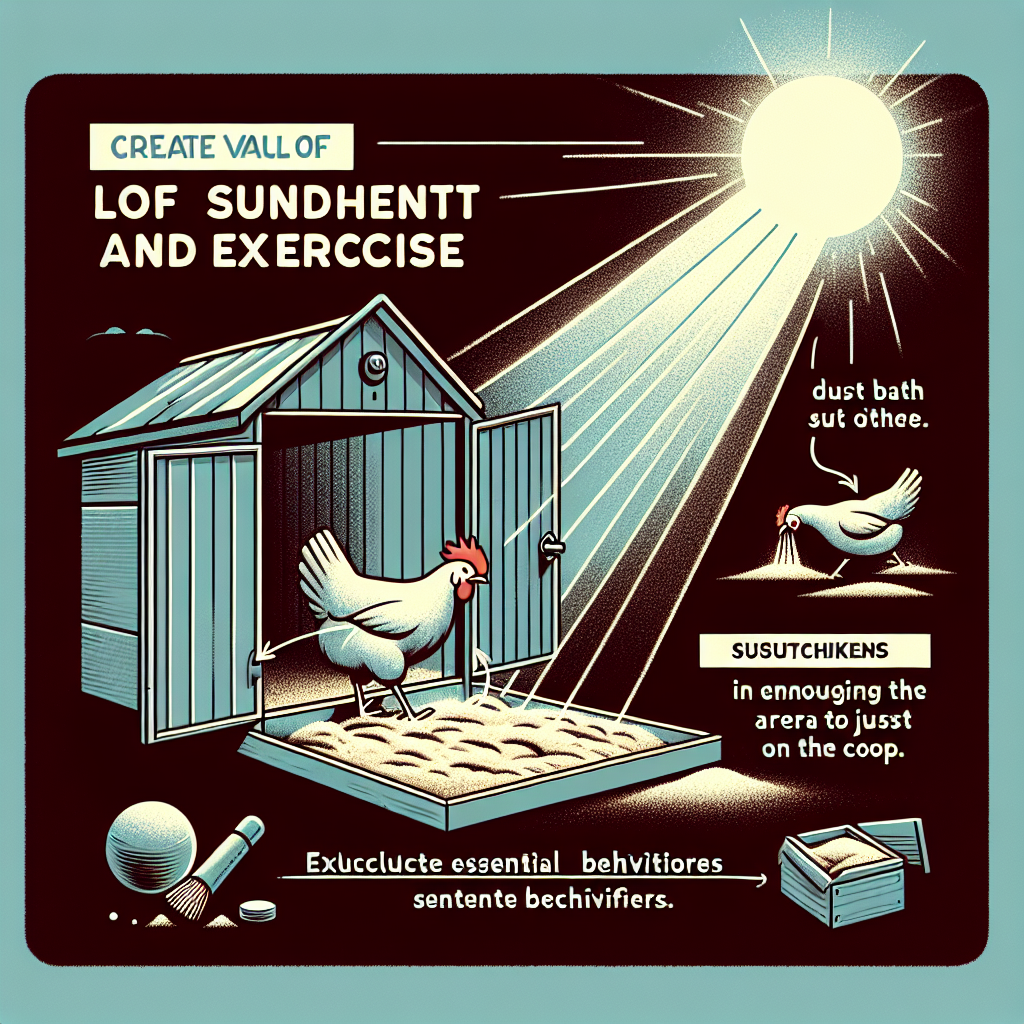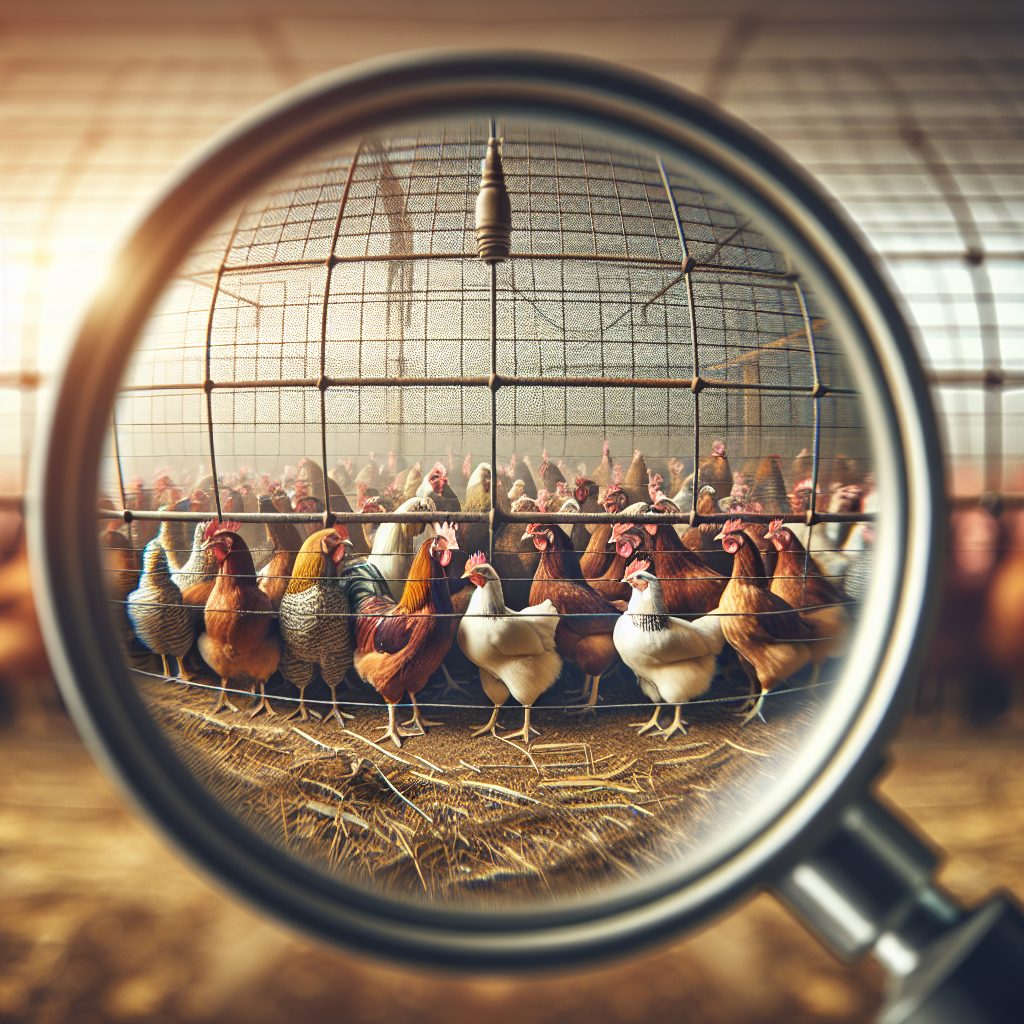You love raising chickens in your backyard, but you constantly worry about their safety from potential predators. Whether it’s foxes, raccoons, or even neighborhood dogs, protecting your precious flock is of utmost importance. In this article, we will explore various practical and effective methods to safeguard your chickens and ensure their well-being. From implementing secure enclosures to using deterrents and employing smart management techniques, we’ve got you covered with all the information you need to keep your feathered friends safe and sound.
Identify Common Predators
When it comes to protecting your chickens, the first step is to identify the common predators in your area. Different regions have different predators, so it’s important to research and understand which animals pose a threat to your flock. Local experts or farmers can provide valuable insights and advice on the predators that are prevalent in your area. Additionally, observe and analyze any signs of predator presence on your property, such as tracks, droppings, or evidence of attacks. By knowing your enemy, you’ll be better equipped to implement effective measures to protect your chickens.
Secure the Coop
Creating a secure and predator-proof coop is essential for the safety of your chickens. Start by choosing a sturdy coop design that is specifically designed to withstand potential threats. The coop should be elevated to prevent predators from digging underneath, and it should be securely anchored to the ground to prevent it from being toppled over. Windows and vents should be covered with strong wire mesh to prevent predators from entering. Additionally, installing a reliable locking system for the coop doors will prevent predators from gaining access. Regularly inspecting the coop for damages or weaknesses and promptly repairing them will ensure that your chickens are safe and secure.
Construct a Predator-Proof Run
In addition to a secure coop, providing a predator-proof run is crucial for your chickens’ safety. A run is an enclosed area where your chickens can spend time outdoors while remaining protected from predators. When constructing a run, ensure that it has an enclosed top to prevent flying predators from swooping down and attacking your chickens. Strong wire mesh or hardware cloth should be used to cover the run on all sides, including the top. To prevent predators from digging underneath the run, bury the wire mesh or hardware cloth at least 12 inches underground. To further fortify the run, consider installing an electric fence or using predator deterrents around the perimeter.
Limit Free-Ranging Time
Allowing your chickens to free-range can provide them with enrichment and access to a varied diet, but it also exposes them to potential predators. To minimize the risk, it’s best to allow free-ranging only under controlled supervision. You can create safe foraging areas by utilizing movable fencing. This allows you to control and limit the areas where your chickens can roam freely. It’s also important to restrict free-ranging during high-risk periods, such as dusk and dawn, when predators are more active.
Implement Good Husbandry Practices
Keeping a clean coop and run is not only important for the health of your chickens but also for deterring predators. Dispose of food scraps or spillage properly to avoid attracting predators to your property. Regularly trimming vegetation around the coop and run will eliminate hiding spots for predators, reducing the risk of attacks. By implementing good husbandry practices, you create an environment that is less appealing to predators.
Install Lighting and Sound Deterrents
Predators are less likely to approach your coop and run if they are deterred by lights and sounds. Installing motion-activated lights around the coop and run can startle and deter predators. Additionally, utilizing predator-specific alarm calls or distress sounds can make predators think twice about approaching. Consider using predator deterrent devices such as scarecrows or reflective objects, which can help create a visual deterrent for potential threats.
Utilize Guard Animals
Another effective way to protect your chickens is by utilizing guard animals. Livestock guardian dogs, such as Great Pyrenees or Anatolian Shepherds, have been used for centuries to protect livestock, including chickens. These dogs are trained to patrol the perimeter and ward off potential predators. Donkeys, llamas, and geese are also effective territorial animals that can deter predators with their size and noise. However, it’s important to ensure that your guard animals are properly trained and socialized to avoid any accidental harm to your chickens.
Manage Vegetation and Landscape
Properly managing the vegetation and landscape around your coop and run can help create a safer environment for your chickens. By trimming bushes and trees, you create a clear line of sight, reducing hiding spots for predators. Avoid planting dense shrubs or tall plants near the coop, as these can provide cover for predators. Additionally, fencing off the immediate perimeter of the coop will prevent wildlife from gaining access and potentially harming your chickens.
Invest in Predator-Proof Feeders and Waterers
Even when chickens are inside their coop or run, they can still be vulnerable to predators while accessing food and water. Utilizing predator-proof feeders and waterers can help mitigate this risk. Treadle or gravity-fed feeders only allow access to chickens, keeping larger predators at bay. Hanging feeders and waterers off the ground can also deter predators from reaching them. By investing in these preventative measures, you ensure that your chickens can safely access their essential needs.
Utilize Nighttime Security Measures
Nighttime is when many predators are most active, making it important to implement additional security measures. Locking your chickens inside the coop at night is one of the most effective ways to prevent predator attacks. Installing a dusk-to-dawn automated lighting system can confuse and deter predators, as they prefer to hunt in darkness. Motion-activated sprinklers or noise devices can startle and discourage predators from approaching, adding an extra layer of protection during the vulnerable nighttime hours.
In conclusion, protecting your chickens from common predators requires a comprehensive approach. By identifying the predators in your area, securing the coop and run, limiting free-ranging time, implementing good husbandry practices, installing deterrents, utilizing guard animals, managing vegetation, investing in predator-proof feeders and waterers, and utilizing nighttime security measures, you can create a safe and secure environment for your chickens. Remember to regularly assess and update your predator prevention strategies to ensure the continued well-being of your flock. With these measures in place, you can enjoy the company of your chickens while keeping them safe from harm.




